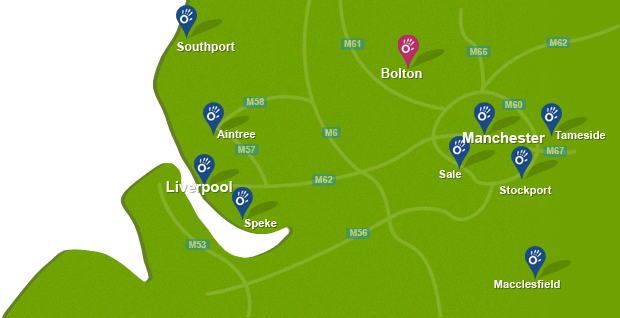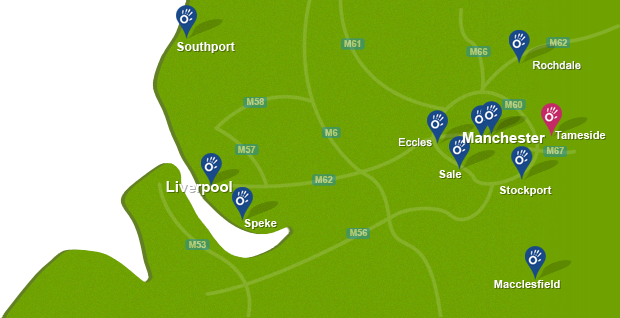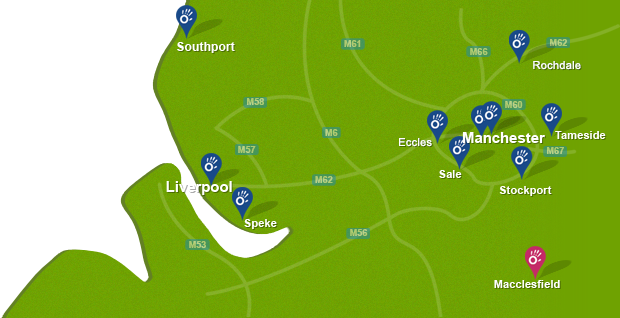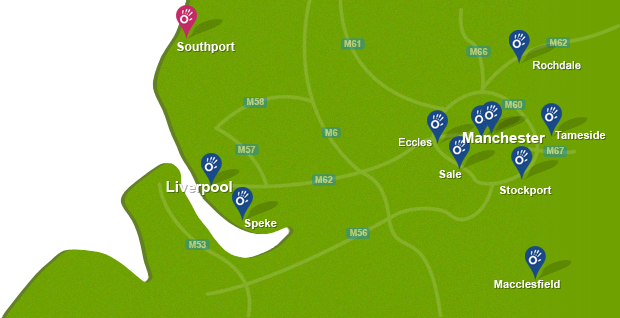What is trigger finger?
Trigger finger occurs when the tendon in the finger or thumb thickens and gets caught when the finger is bent towards the palm, resulting in a painful clicking or locking. Sometimes, the tendon will pop free and your finger will be able to move again, but it may become stuck in a permanently bent position.
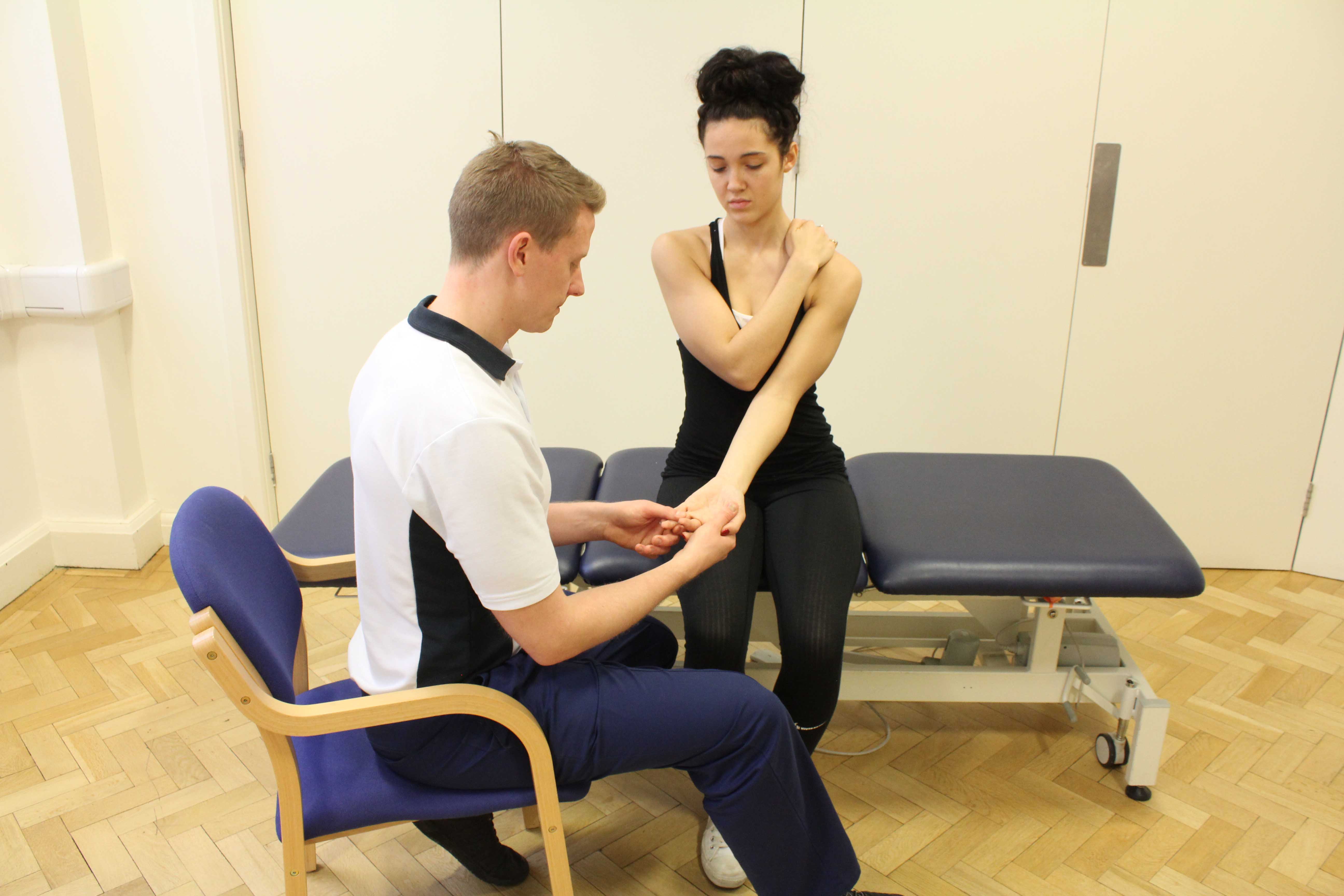 Above: Examination of trigger finger, repetative strain injury by experienced physiotherapist
Above: Examination of trigger finger, repetative strain injury by experienced physiotherapistWhat causes trigger finger?
There is often no apparent cause of trigger finger. However it is six times more common in women and more common in people who have previously injured their finger or thumb, for example, Dupuytren's contracture and De Quervain's tenosynovitis. Other medical conditions such as diabetes, rheumatoid arthritis and gout also increase the chance of developing trigger finger.
What are the symptoms/effects of trigger finger?
Symptoms of trigger finger may include:
- Pain at the base of the affected finger or thumb
- A nodule (a small growth or lump of tissue) at the base of the affected finger or thumb
- Stiffness or clicking when you move the affected finger or thumb, particularly first thing in the morning. Over time it may be difficult to straighten the finger or thumb and it may stay in a bent position.
Diagnosis of trigger finger
A diagnosis of trigger finger can be confirmed by a physiotherapist or doctor, who will assess your finger and hand thoroughly.
Treatment for trigger finger
Conservative treatment for trigger finger may include splinting and or steroid injections. Some people will be provided with a splint to wear at night time to prevent the finger becoming locked during the night. Approximately 80%of people can be successfully treated with a steroid injection into the finger or palm, to reduce swelling.
Physiotherapy treatment in conjunction with steroid injections and splinting will optimise your recovery.
Surgery may be required if conservative methods are not successful. Surgery is a simple, safe and quick procedure under local anaesthetic.
Physiotherapy for trigger finger
Our physiotherapists at Manchester Physio provide specialised hand therapy for people who do not require surgery and for people who have had surgery.
Physiotherapy treatment will help to reduce swelling, relieve pain and stiffness and regain functional movement of the finger, so that you can get back to your daily tasks as soon as possible.
Physiotherapy treatment at Manchester Physio may include:
- Ultrasound to reduce swelling and accelerate healing
- Soft tissue massage
- Joint mobilisation
- Passive stretching
- Supervised hand and finger exercise program to regain strength, dexterity and flexibility
Your physiotherapist at Manchester Physio will guide you through your individualised treatment program to ensure a speedy return to everyday tasks and activities, either at work or at home.
If you would like more information about physiotherapy for trigger finger or to book an appointment please call 0161 883 0077.


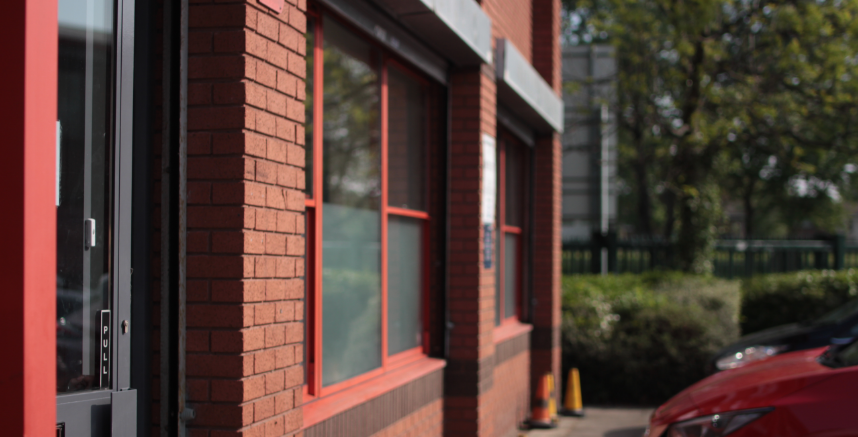
 0161 883 0077
0161 883 0077






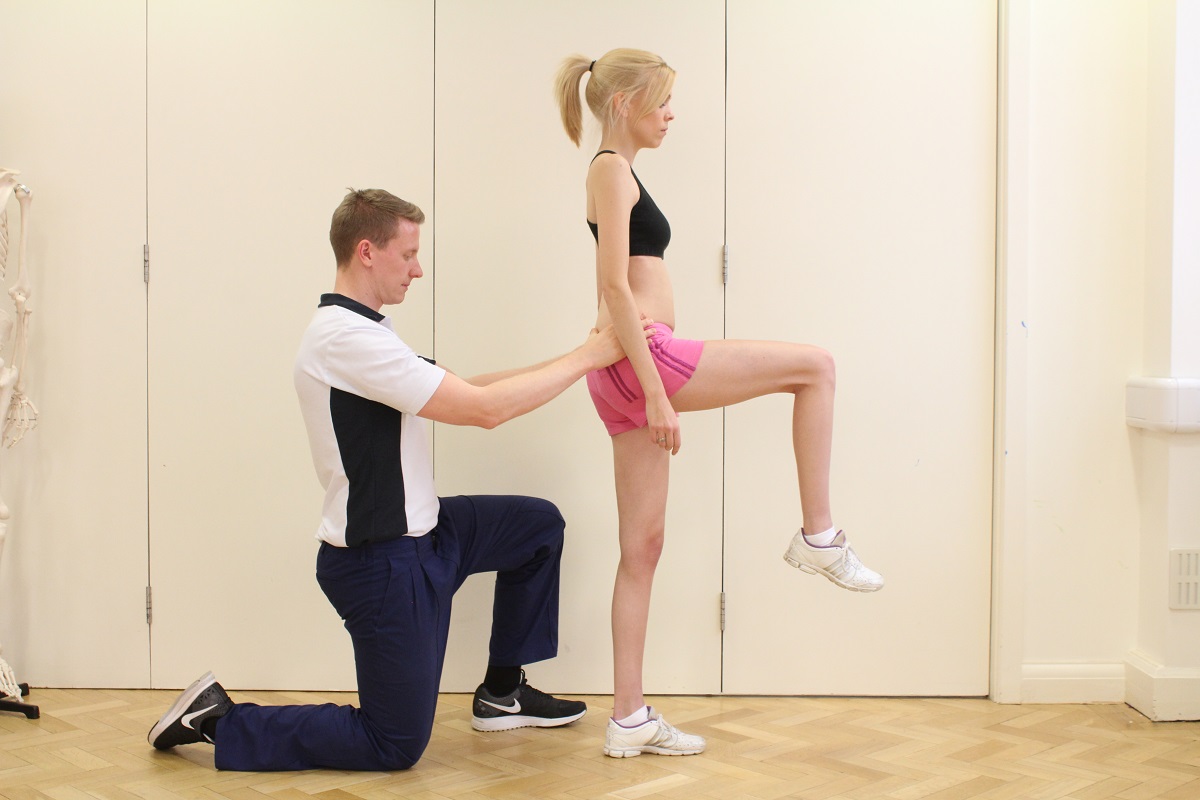
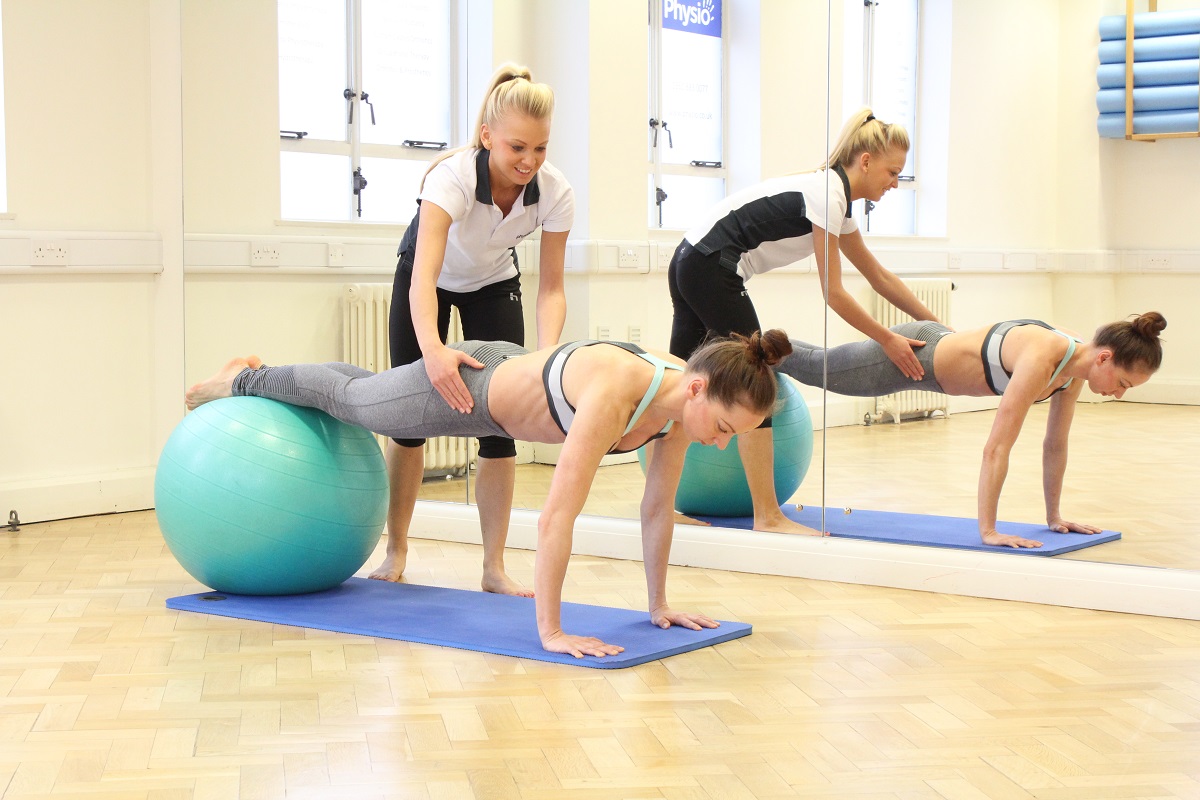
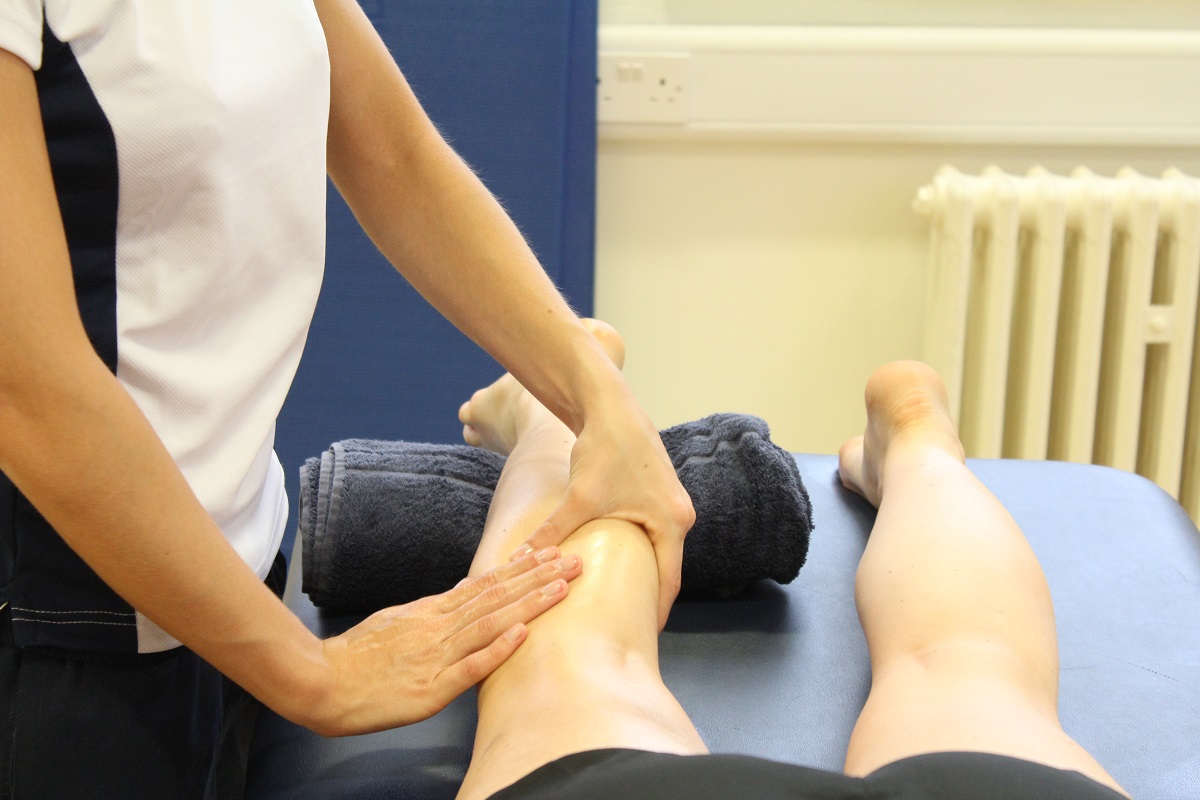
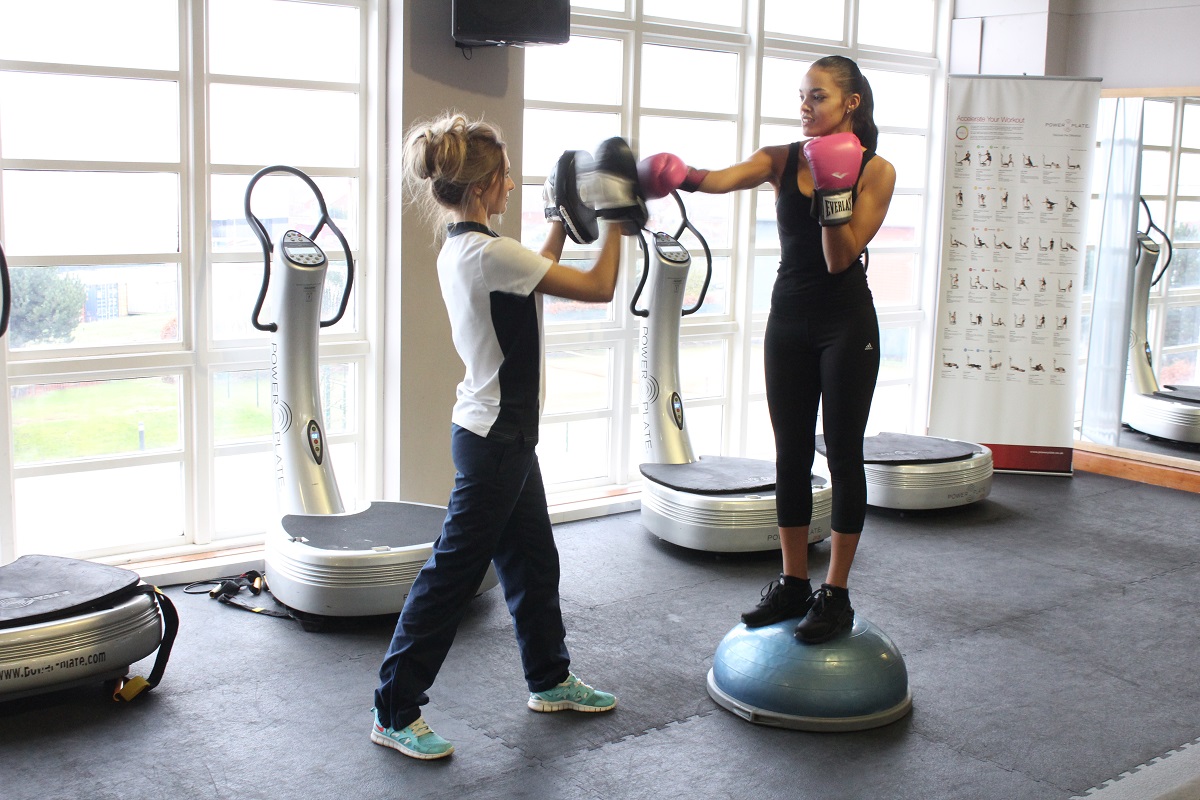


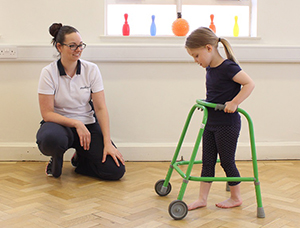
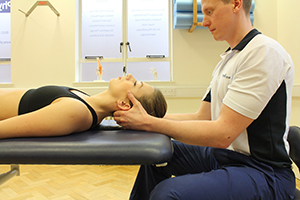


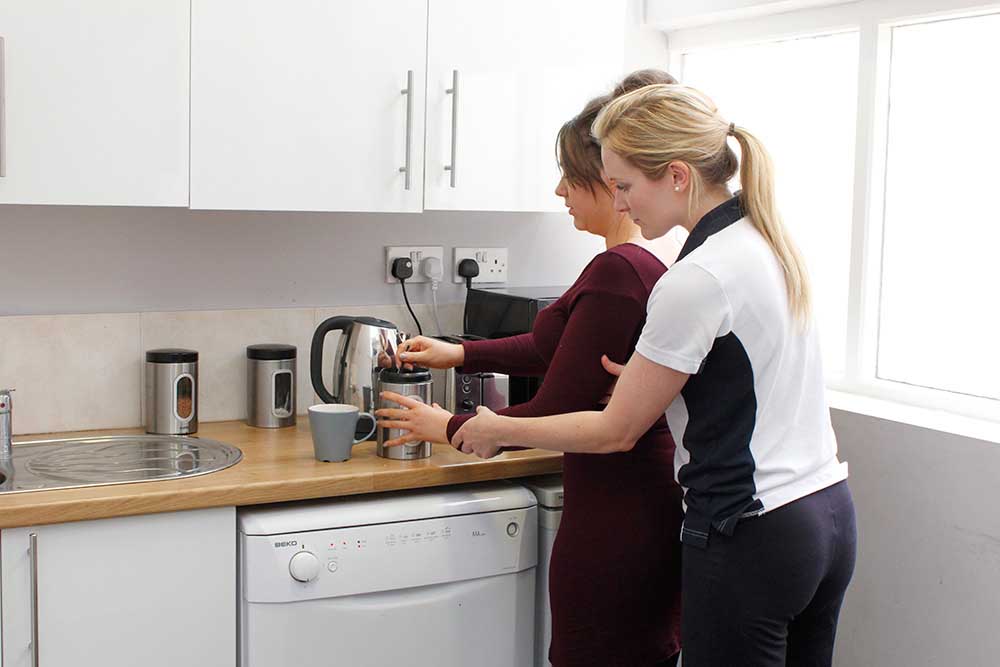



























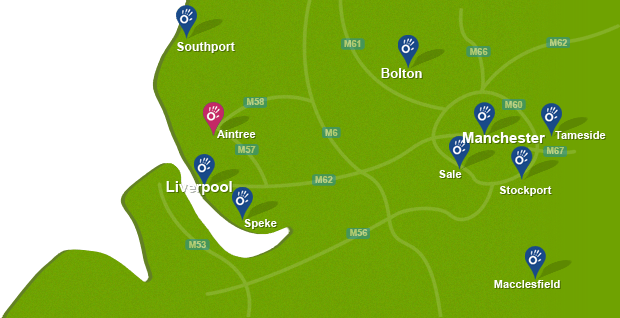

 f
f
